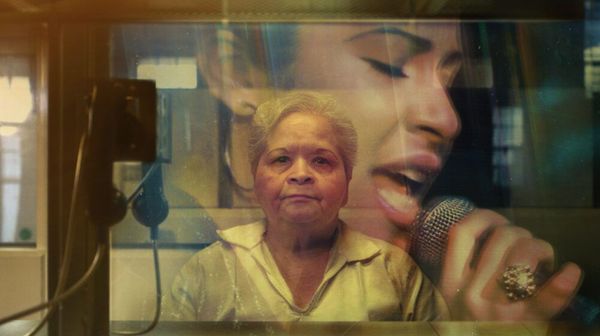
Good morning, Broadsheet readers! Fortune features fellow Kinsey Crowley here; I'm filling in for Emma today and covering a study that shows the myriad ways that women experience racism in the workplace. Plus, world financial leaders say the U.S. might avoid a recession and single women own more homes than single men. Enjoy your Tuesday!
- Yes, here. A deluge of companies made antiracism pledges during the public uproar following the 2020 deaths of George Floyd, Breonna Taylor, and Ahmaud Arbery.
But two and a half years later, 51% of women from marginalized racial and ethnic groups still experience racism at work. This stat comes from a new study from Catalyst, a nonprofit aimed at improving workplaces for women, which surveyed more than 2,700 women from the U.S., the U.K., South Africa, Australia, and Canada. Women from the U.S. made up nearly half of the participants, and 48% of them reported experiencing racism at work.
Despite the pledges companies made, some senior leaders still suffer from “not here” syndrome, says Sheila Brassel, one of the report’s coauthors and director of Catalyst's research and data innovation lab. They recognize that systemic racism exists but feel strongly that it isn’t happening in their company, department, or team.
“Women from marginalized racial and ethnic groups around the globe have voiced that discrimination at work is a major issue,” said Brassel. “With striking clarity, this study shows the myriad ways that racism is showing up in the workplace.”
Anecdotes from women of many backgrounds, gender expressions, and sexual orientations illustrate the stats. Brassel hopes that their stories will prompt more leaders to recognize how systems of oppression could be showing up in their own workplaces.

“A coworker never spoke to me because I am a lesbian and Black,” said one survey respondent from the U.S. “I remember when I had box braids and a coworker said they were unprofessional and not appropriate for the workplace,” said another Black, queer, cis-gender woman from South Africa. Their stories mirror many other accounts of workplace discrimination that are included in the report.
The study examines various aspects of women’s identity to show how colorism, bias against natural hair textures, and homophobia permeate racism in the workplace. Sixty-nine percent of women with darker skin reported experiencing racism at work, compared with 34% of those with lighter skin. Women also disproportionately experienced racism if they were a part of the LGBTQ community. Sixty-seven percent of trans women and 63% of lesbian, gay, bisexual, queer, and asexual women reported enduring racist incidents at work, compared to 49% of cishet women.
Forty-nine percent of women did not report experiencing racism, but that doesn’t mean that those workplaces are free of racism. According to the report, some women intentionally choose to not work in predominantly white organizations where they might encounter racism. What's more, invisible barriers contribute to racial inequity, like A.I. algorithms that filter out applicants with non-white sounding names.
The report urges leaders to help fix racism in the workplace by embodying allyship and curiosity.
Allyship can be seen in genuine collaboration with people in your organization across identity lines. It means owning up to your challenges, speaking up against discrimination, and doing your own work to recognize how discrimination is taking place. Curious leaders step outside of themselves and show interest in their employees as individuals.
The most important part, says Brassel, is accountability.
“This report reveals that women are targeted with racism everywhere they turn,” said Brassel. “All of this is happening because the behaviors are permitted in their workplace. Senior leaders are not as removed as they might think from the day-to-day experiences of employees on the ground. Holding those responsible accountable is necessary to make a cultural change.”
Kinsey Crowley
kinsey.crowley@fortune.com
@kinseycrowley
The Broadsheet is Fortune's newsletter for and about the world's most powerful women. Subscribe here.







